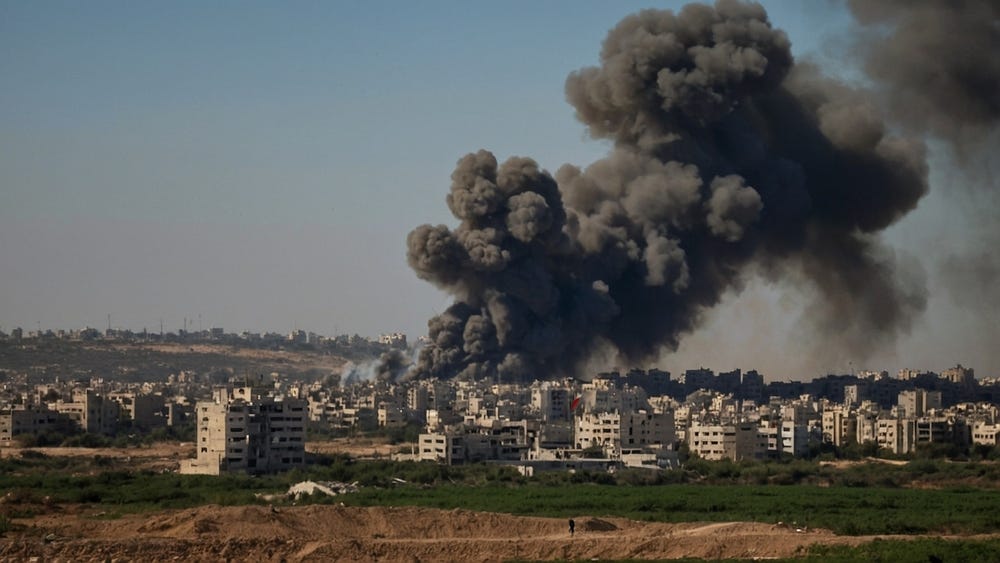Matt Gurney: What is Israel up to?
Israel's risk tolerance fundamentally changed after October 7.
By: Matt Gurney
A remarkable quirk of our current moment in history is how hard people work to assure themselves and others that those they disagree with have no valid point — nor even a perspective of their own.
Ever since the October 7 attacks on Israel last year, I’ve tried my best to adhere to a very simple rule: my time and energy are finite. I have demands upon both. I’m not going to spend a single moment of time or calorie of energy trying to change anyone’s mind about the situation in the Middle East. I’m not going to argue or reply to anyone who disagrees with me, beyond a polite acknowledgment. There is simply no value for me in a debate.
That being said, I have been genuinely surprised over these last almost 12 months by how little even Israel’s many harsh critics seem to value understanding the Israeli perspective. Not because they would agree with it. Not because it would win them over. But because you should always try to understand what the other side is thinking. Right?
What comes below should be understood in that spirit. I’m not looking to change anyone’s mind. I’m not looking to have a debate. But I am trying to offer my honest best opinion on what Israel is doing today, as Israel continues strikes in Beirut, and appears to be continuing a ground invasion in southern Lebanon. You all have every right to condemn it — that’s your business. But I think we should at least be serious enough to try to condemn them for what they’re trying to do.


